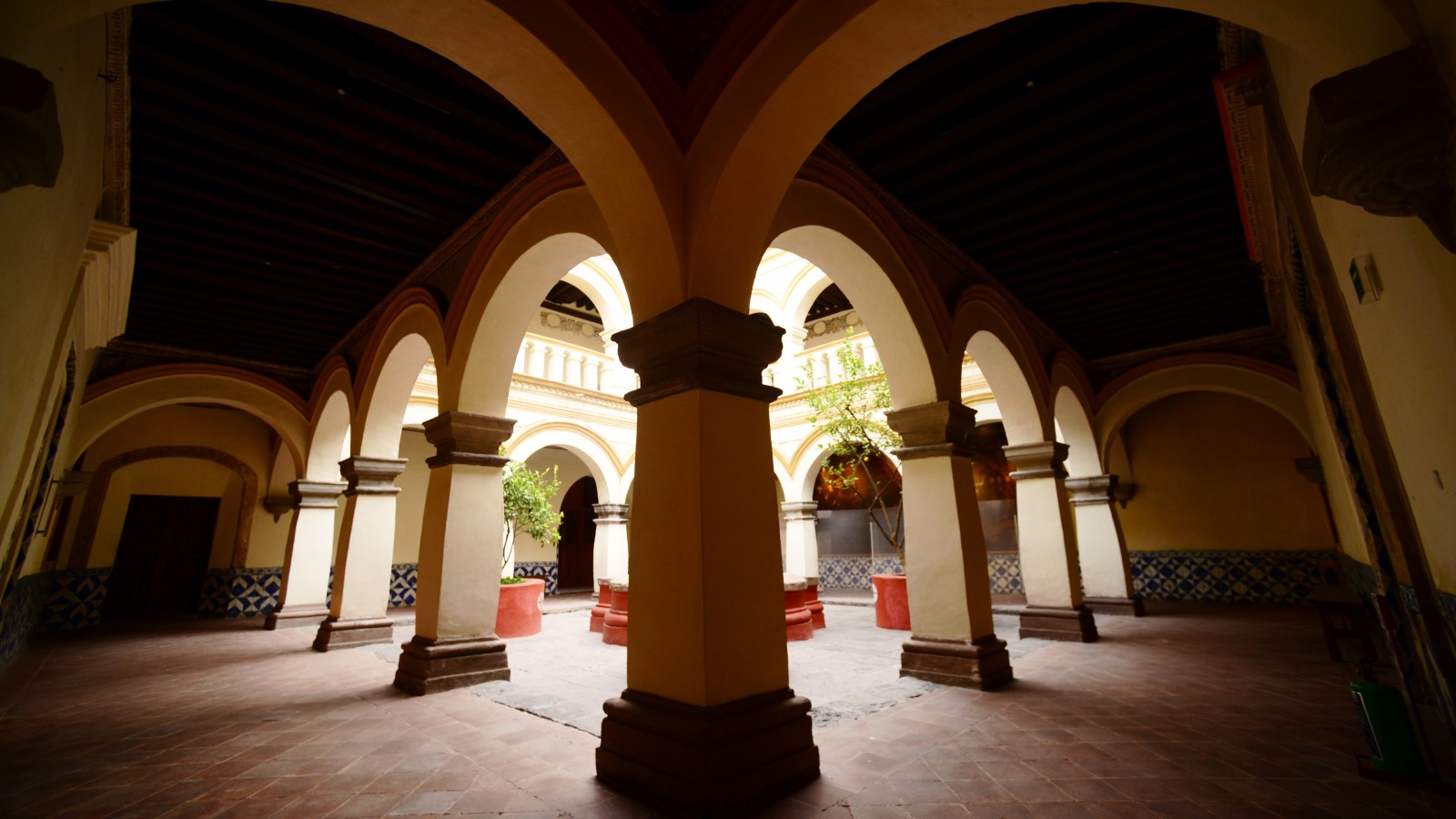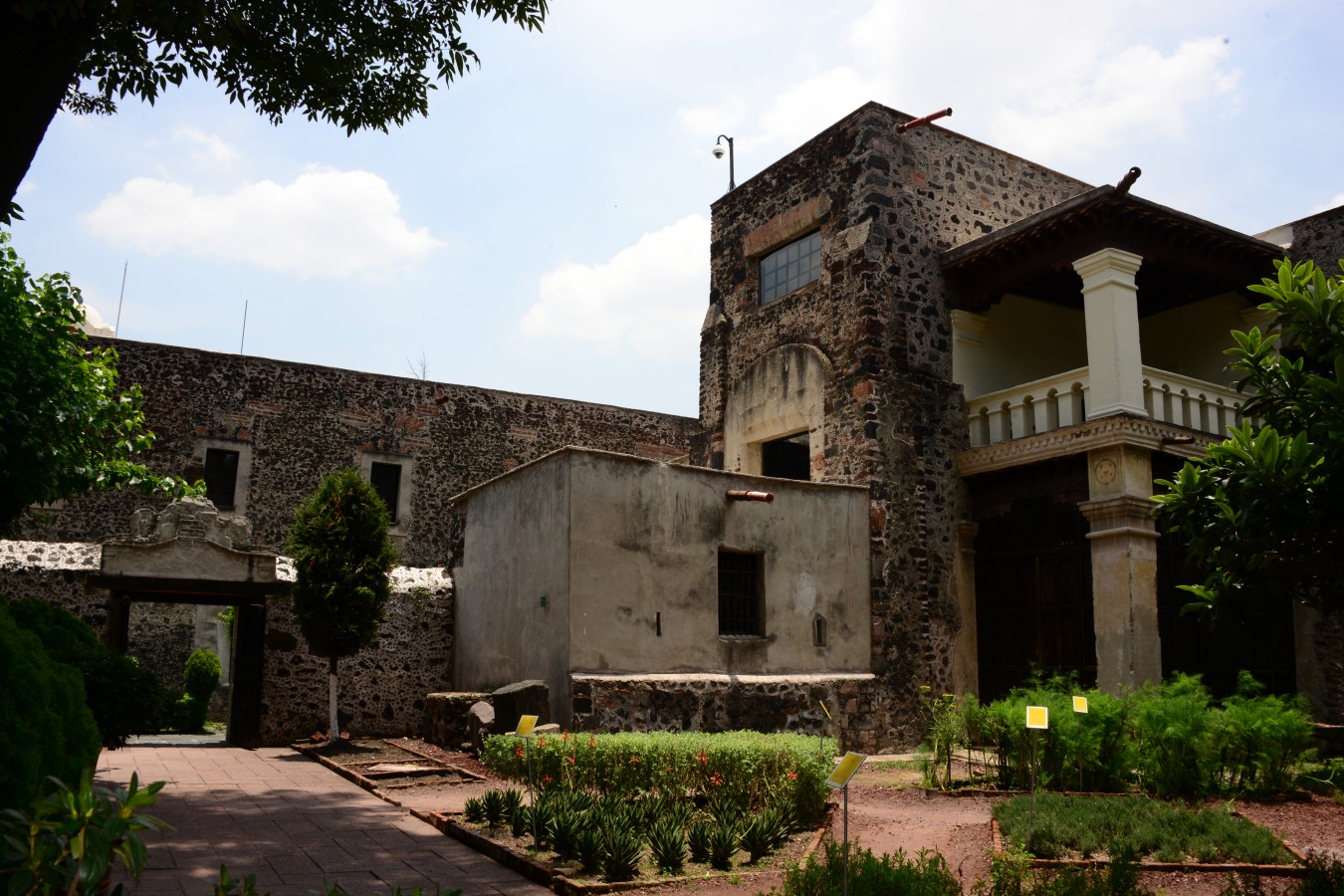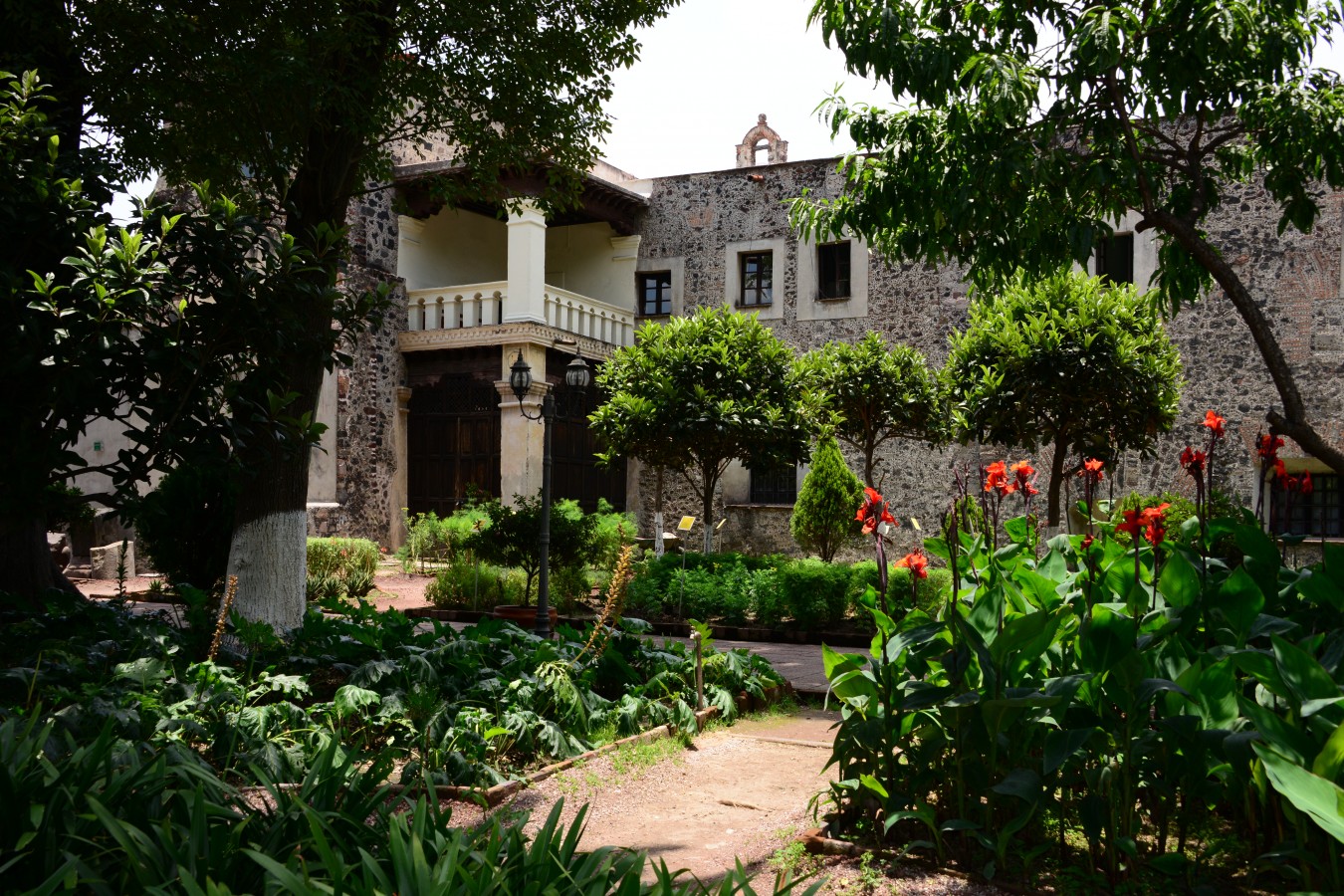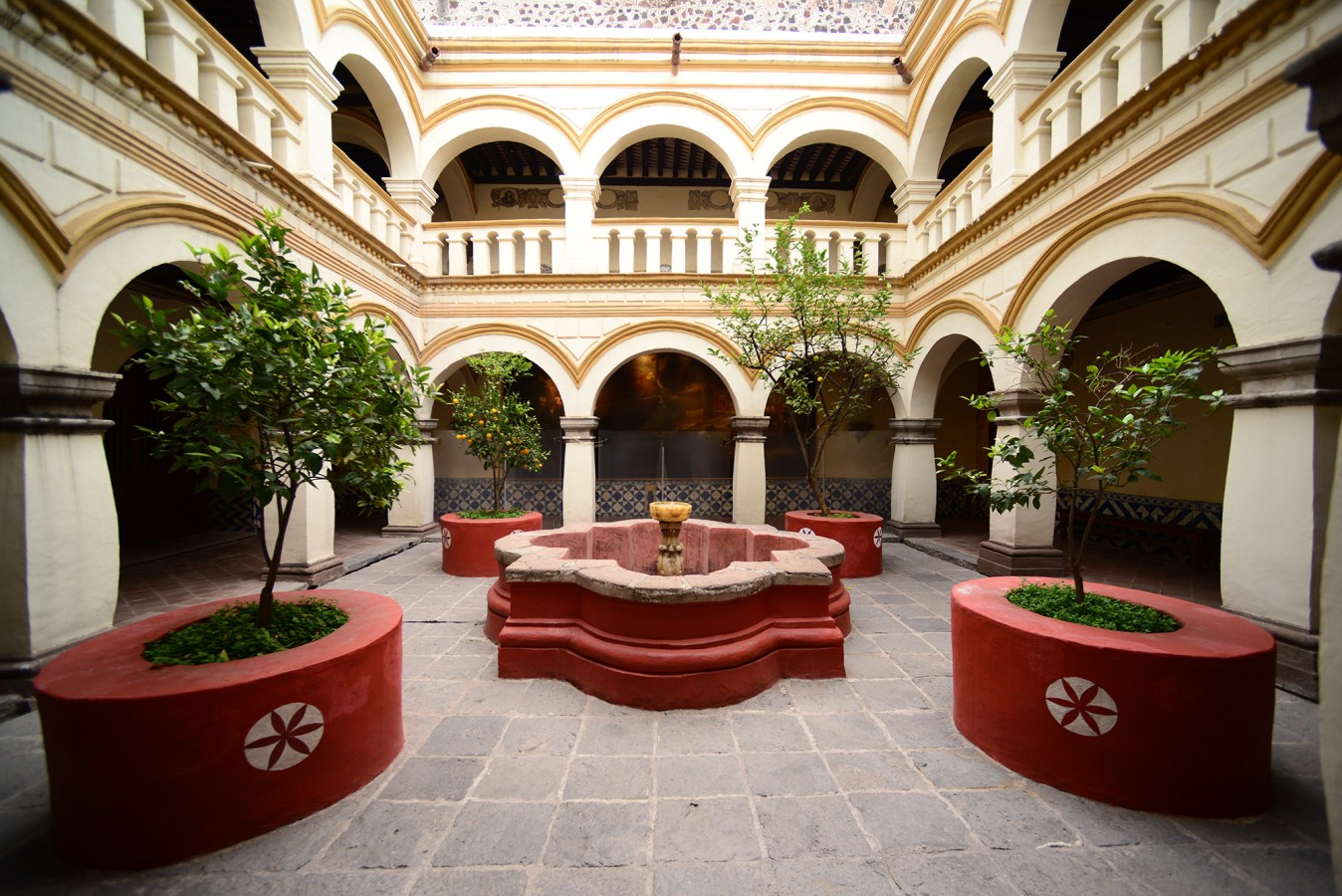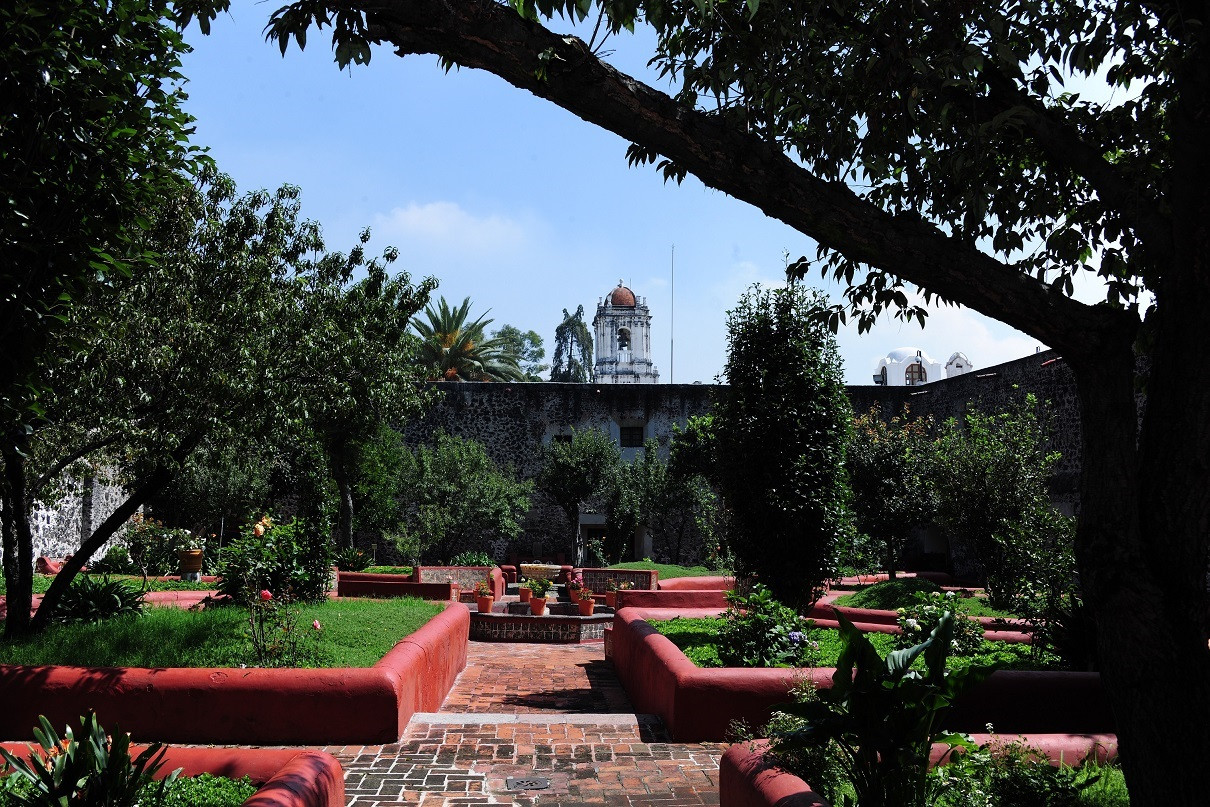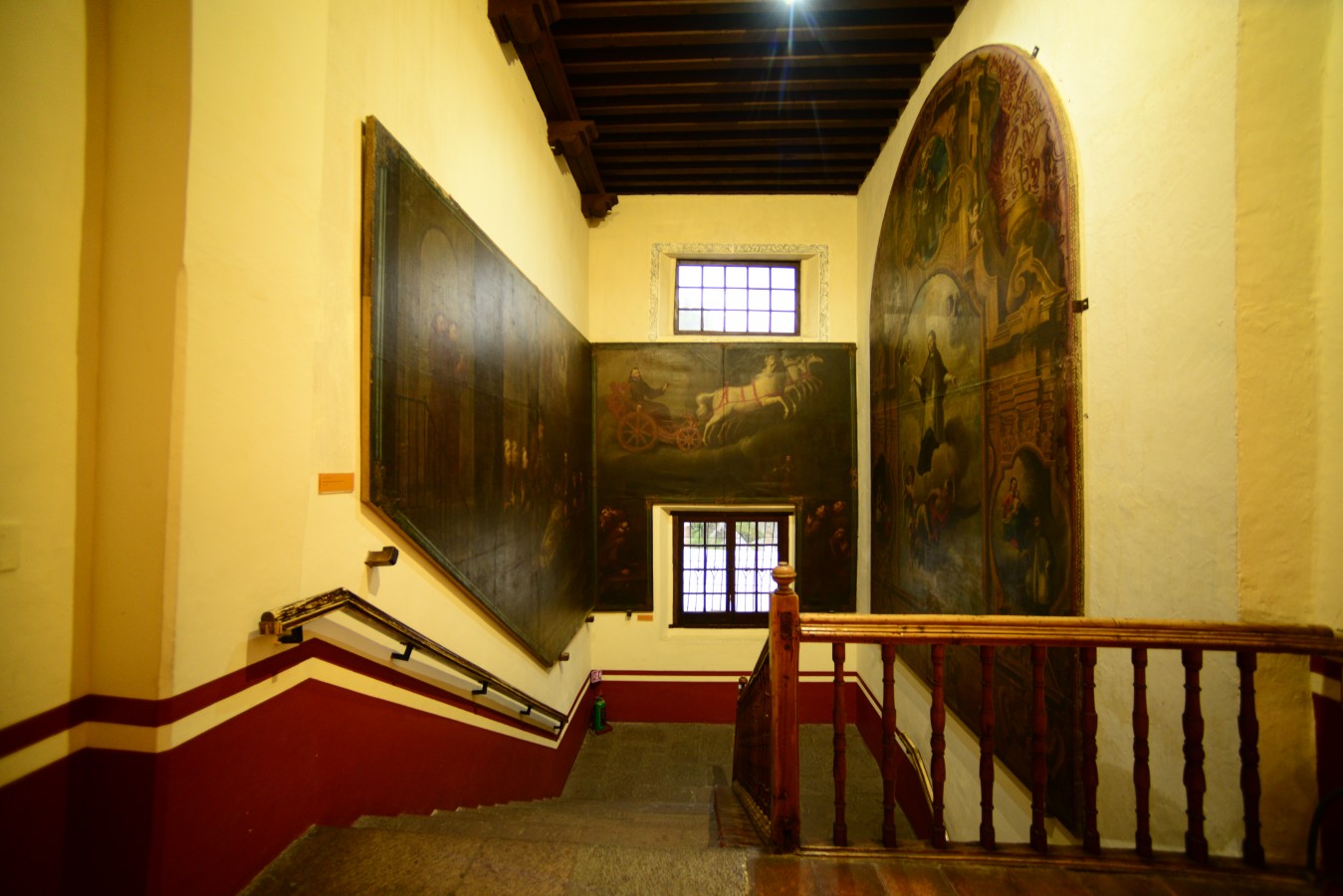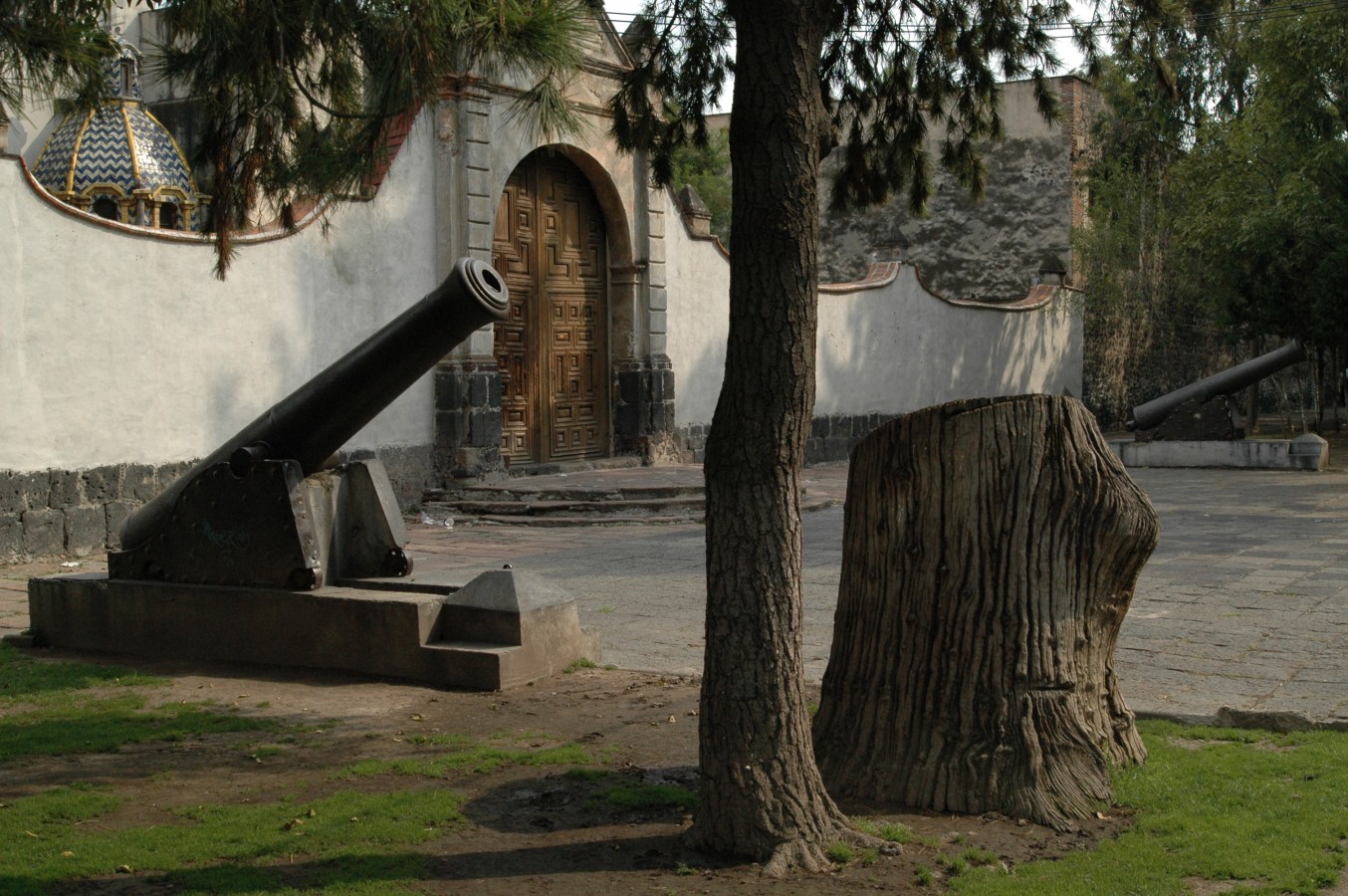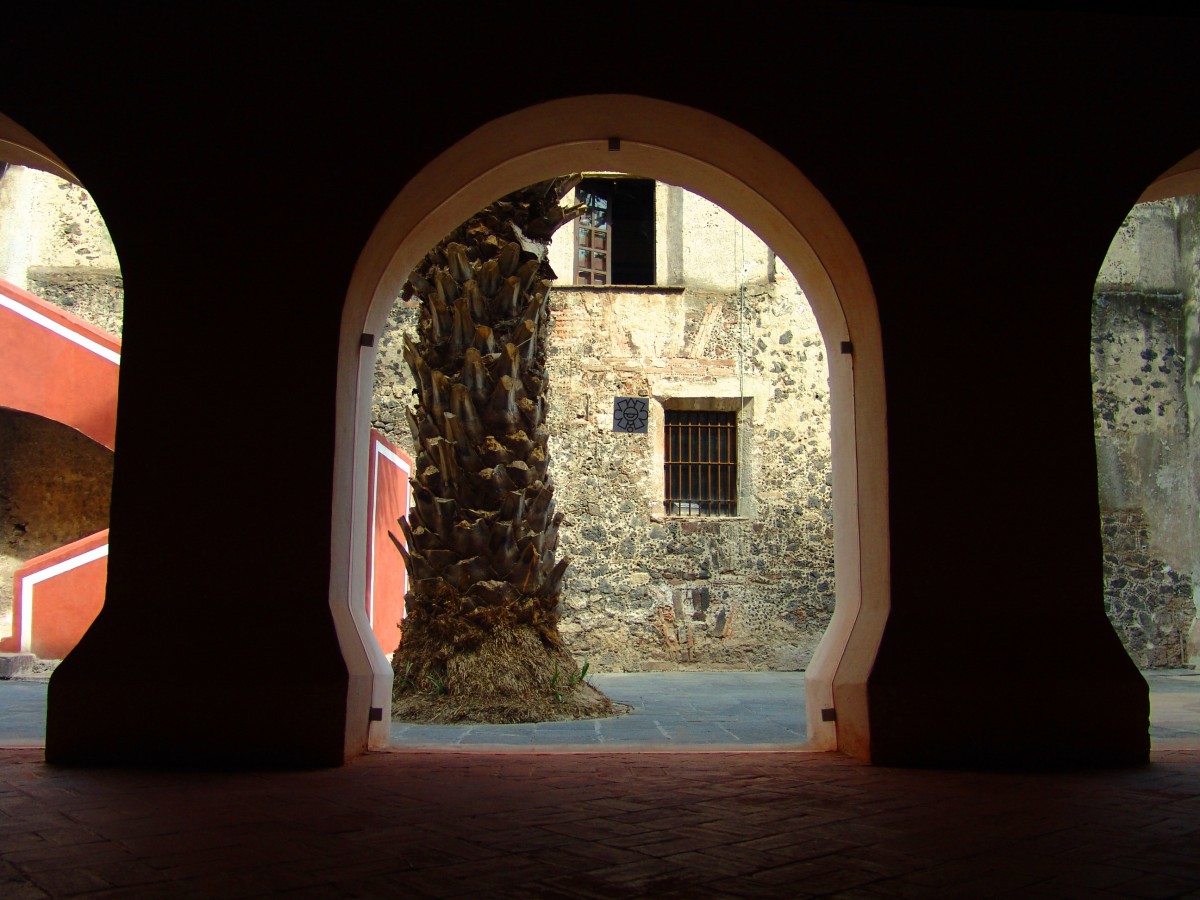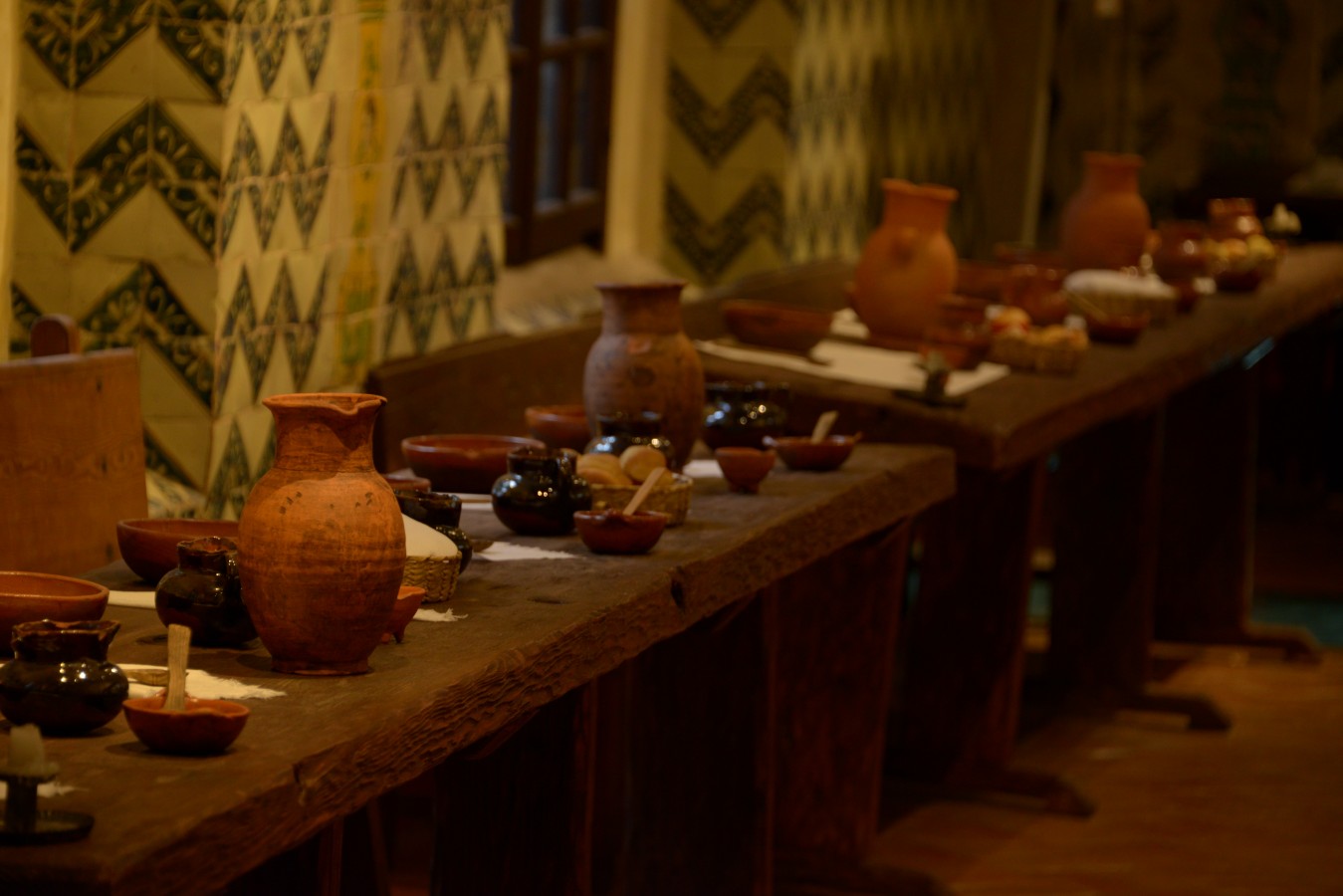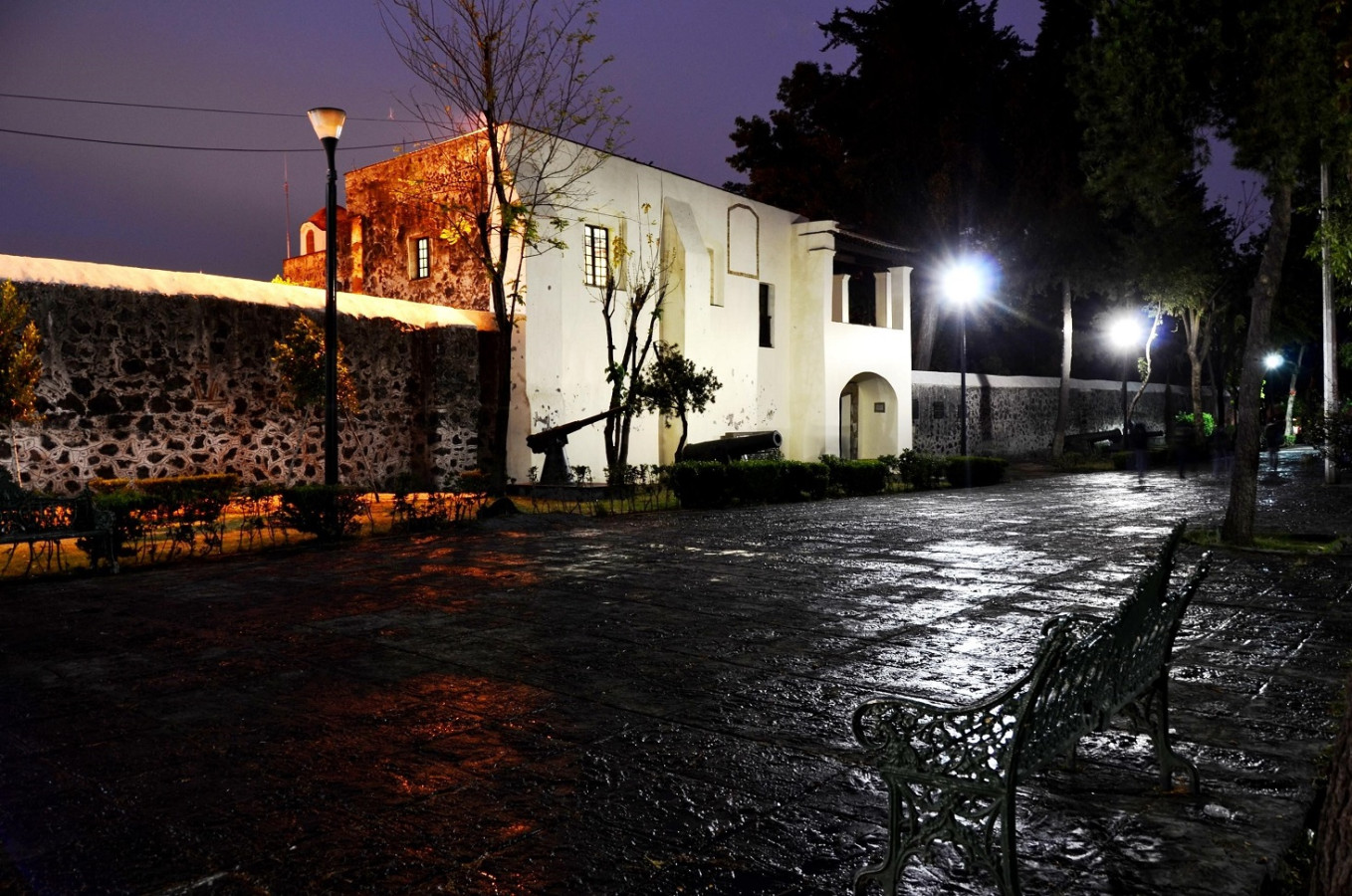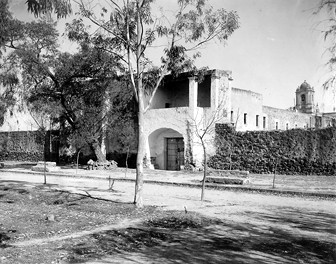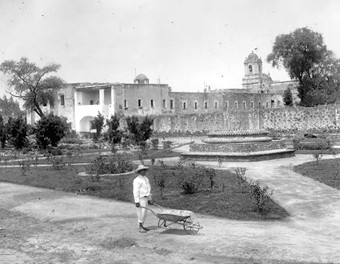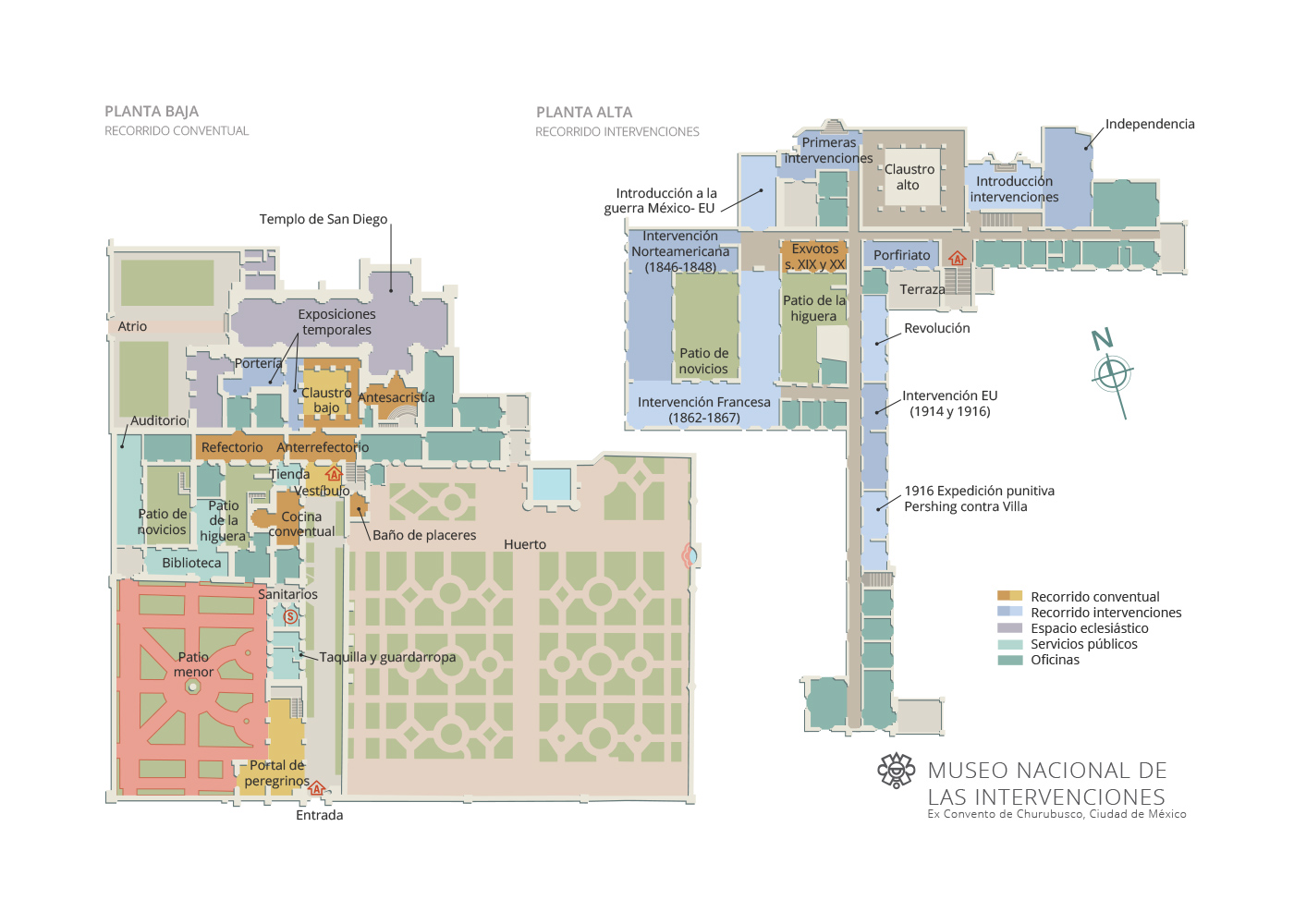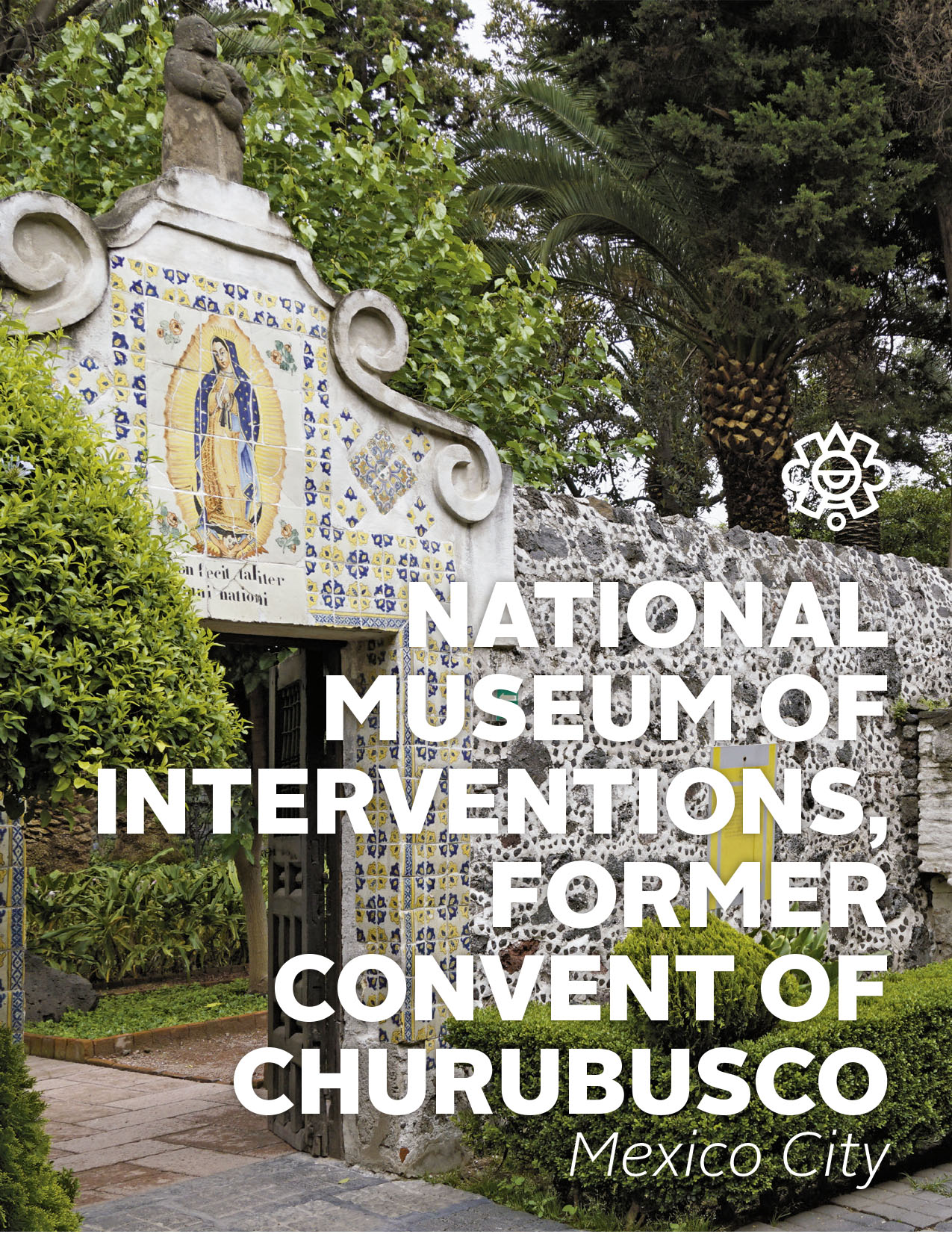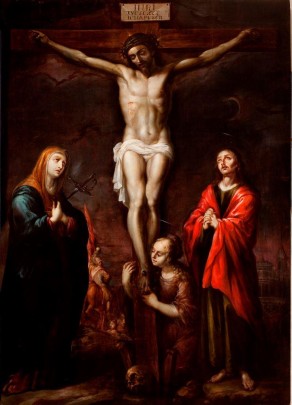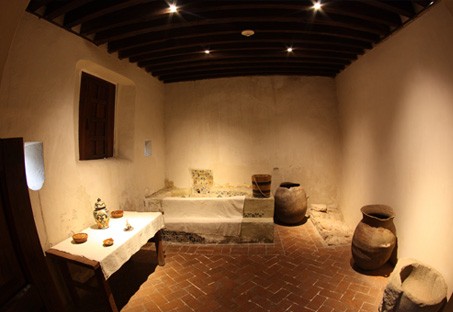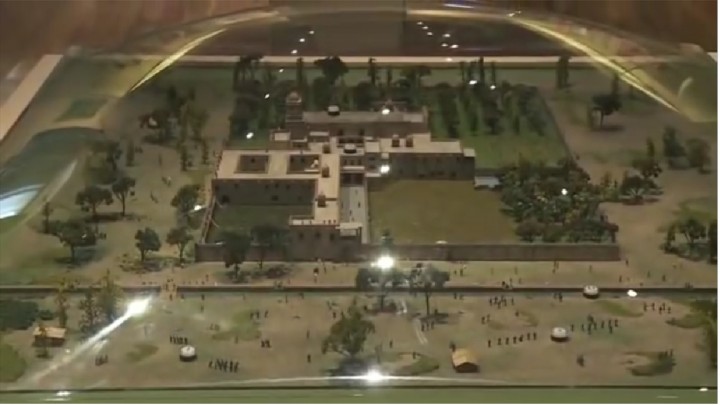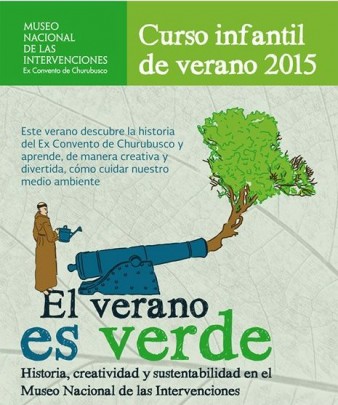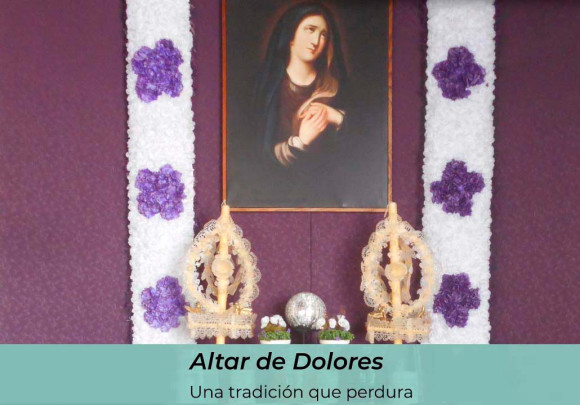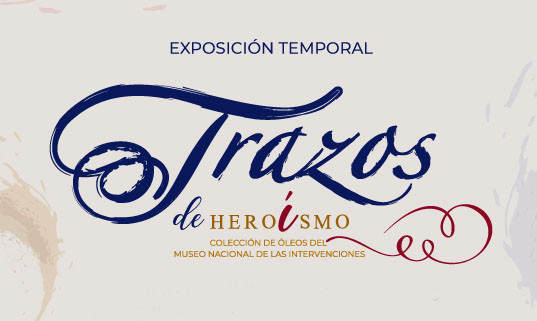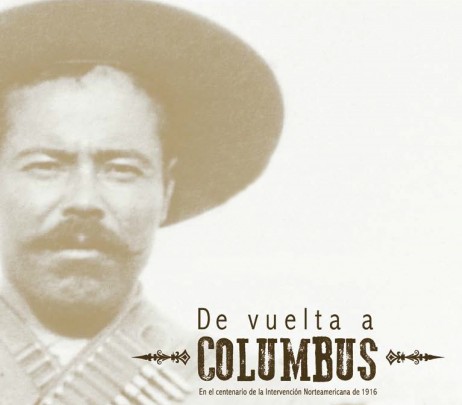Museo Nacional de las Intervenciones
Nacional
About the museum
Map
Practical information
20 de Agosto y General Anaya s/n, San Diego Churubusco, Delegación Coyoacán, C.P. 04120,
Ciudad de México, México.
Ciudad de México, México.
Via line 2 of the Metro, the museum is two blocks from General Anaya station.
-
+52 (55) 41660780 al 41660784
ext. 413306 -
This email address is being protected from spambots. You need JavaScript enabled to view it.
Directory
Dirección
Cecilia Genel Velasco
This email address is being protected from spambots. You need JavaScript enabled to view it.
(55) 5604 0981
Difusión Cultural
Celia Rodríguez Hernández
This email address is being protected from spambots. You need JavaScript enabled to view it.
(55) 41660780 al 41660784 ext. 413306
Exposición Temporal
2019
Exposición Temporal
2016

